|
As I begin a post about the nature of travel literature / travel writing, I'm listening to Dark Angel by Canada's Blue Rodeo. Into whose dream did you walk? is a line from this song, but also makes me think of certain qualities of travel literature.
I've been reading a lot of Polish WWII history recently, as background reading for my Within This Darkness young adult series. But I've taken a break from the WWII history here and there for some other titles - two of which I'd call classic travel literature: Coming into the Country by John McPhee, and currently The Snow Leopard by Peter Matthiessen. I used to read a lot of travel literature in my 20s, and some of those books had a big impact on me at the time. Reading McPhee and Matthiessen recently, I've been reminded of something that always amused me - sometimes travel writers just put down, on paper, the most beautiful prose I've ever seen. No fireworks, no attempts at grandeur, just effortless and elegant writing.
Here is Matthiessen on page 22 of The Snow Leopard: A luminous mountain morning. Mist and fire smoke, sun shafts and dark ravines: a peak of Annapurna poises on soft clouds. In fresh light, to the peeping of baby chickens, we take breakfast in the village tea house, and are under way well before seven. Here is McPhee on page 35 of Coming Into the Country: Last night, in forest, we were close by the sound of rushing water. Sound now has become inverse to the space around us, for we sit in the middle of an immense and almost perfect stillness. In a way, it's not fair :) This is the kind of sublime writing that should be in novels, and most novelists would be lucky to write this well. On the other hand - travel writers do have certain advantages over writers of fiction. With fiction, due to the need to tell a story, there's a certain amount of artifice involved. A certain amount of "making stuff up and hoping people find it is interesting" etc. With travel writing it's just you, your journey, and what your eyes see as you travel through these remote places. And it strikes me that travel writing really lends itself to reflection and self-reflection - not only what I'm seeing, as I travel through the wilds of Alaska (Mcphee), or the mountains of Nepal (Matthiessen), but who am I out here, as an individual human being? and who are we, as humanity, both in the place I am now on my journey, and back "home", wherever I'm from? I think the best travel writers let you see some remote corner of the world through their eyes, but also, make you feel part of something vast and fragile - this planet of ours, this civilization of ours, this "now" and this "what was before". And the best of them do it, as I mentioned above, in just gorgeous prose.
I've never really written travel literature myself, but for years I wrote a cycling blog (and also a veggie / vegan blog). I suppose my cycling blog was a form of travel writing, and I just remembered this post from the last day of my bike-camping trip in Pennsylvania in 2017. As I was cycling back into Pittsburgh at the end of that very thoughtful, meditative, dream-like solo cycling trip, I was thinking, and would later write, this... and... i guess this passage below, is a good way to end this post:
----- And so, journey's end. I should re-read On the Road. See how that epic road trip comes to an end. I think Sal Paradise remembers his friend Dean Moriarty, lost somewhere in the swells and rolls of the prairies and rivers of America. Dean was Sal's friend, but in some ways a ghost. And I think I was searching for some ghost on my way back into Pittsburgh. Scanning the faces of the cyclists coming by me. Wondering who they were. Perhaps the ghosts in our lives are ones that we need, and so we create them. Haunting us and keeping us company. The miles rolled by on this trip of mine. And I enjoyed every pedal-stroke. To everyone I met out there. To everyone whose hand I shook. Safe travels. ----- This was my wrap-up video from that trip :)
0 Comments
|
AuthorI'm Chris Tomasini. Archives
May 2023
Categories |
Proudly powered by Weebly
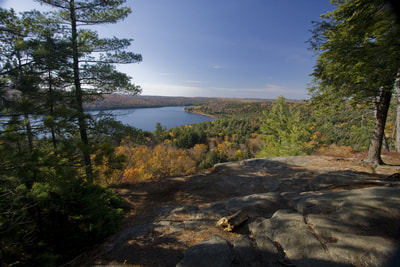
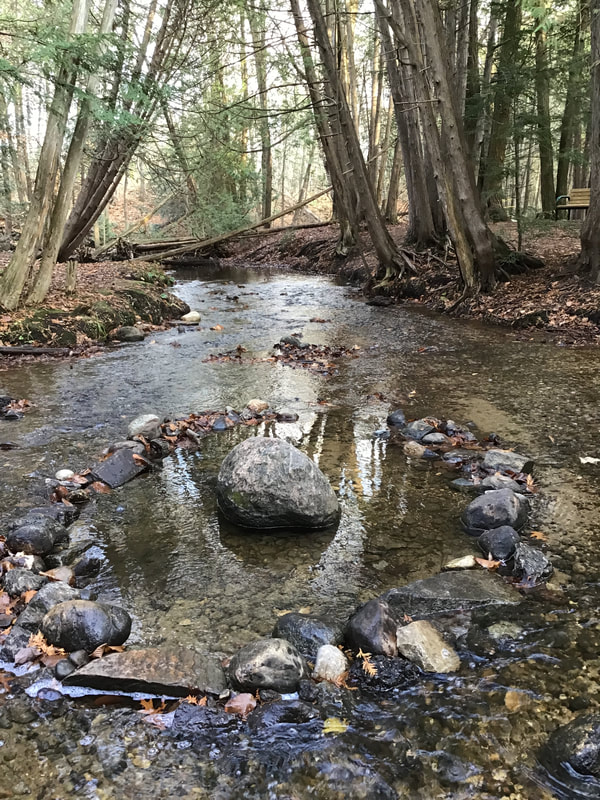
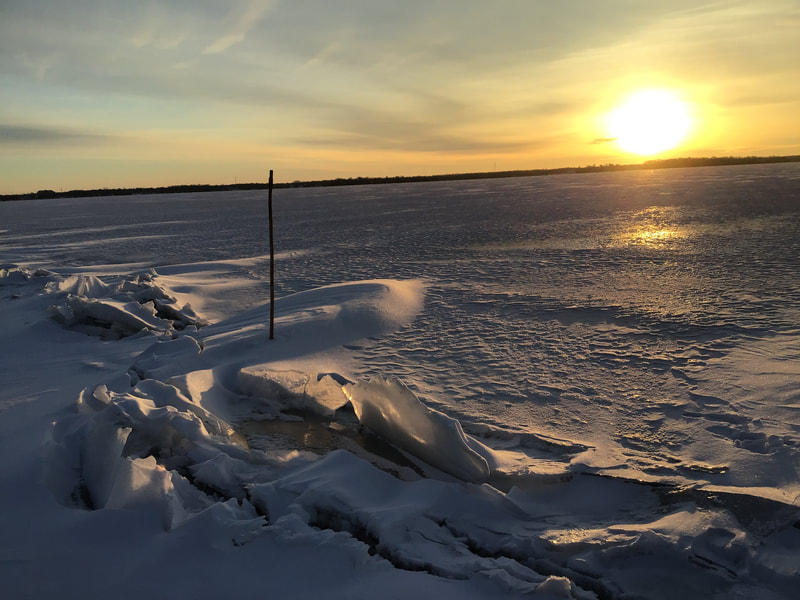
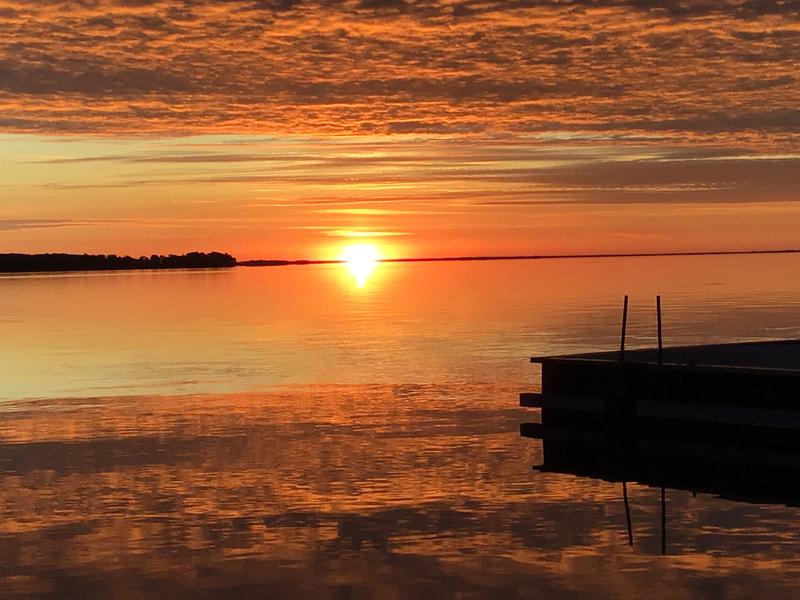
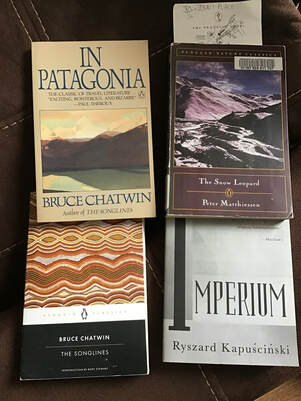
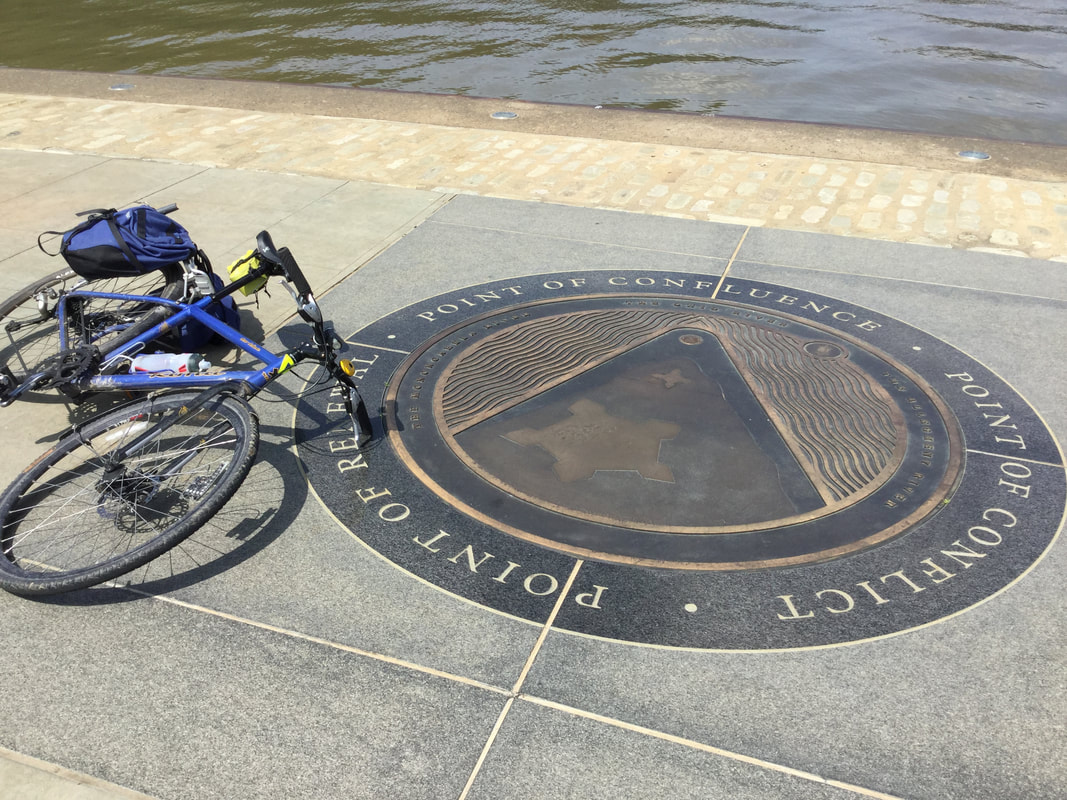
 RSS Feed
RSS Feed